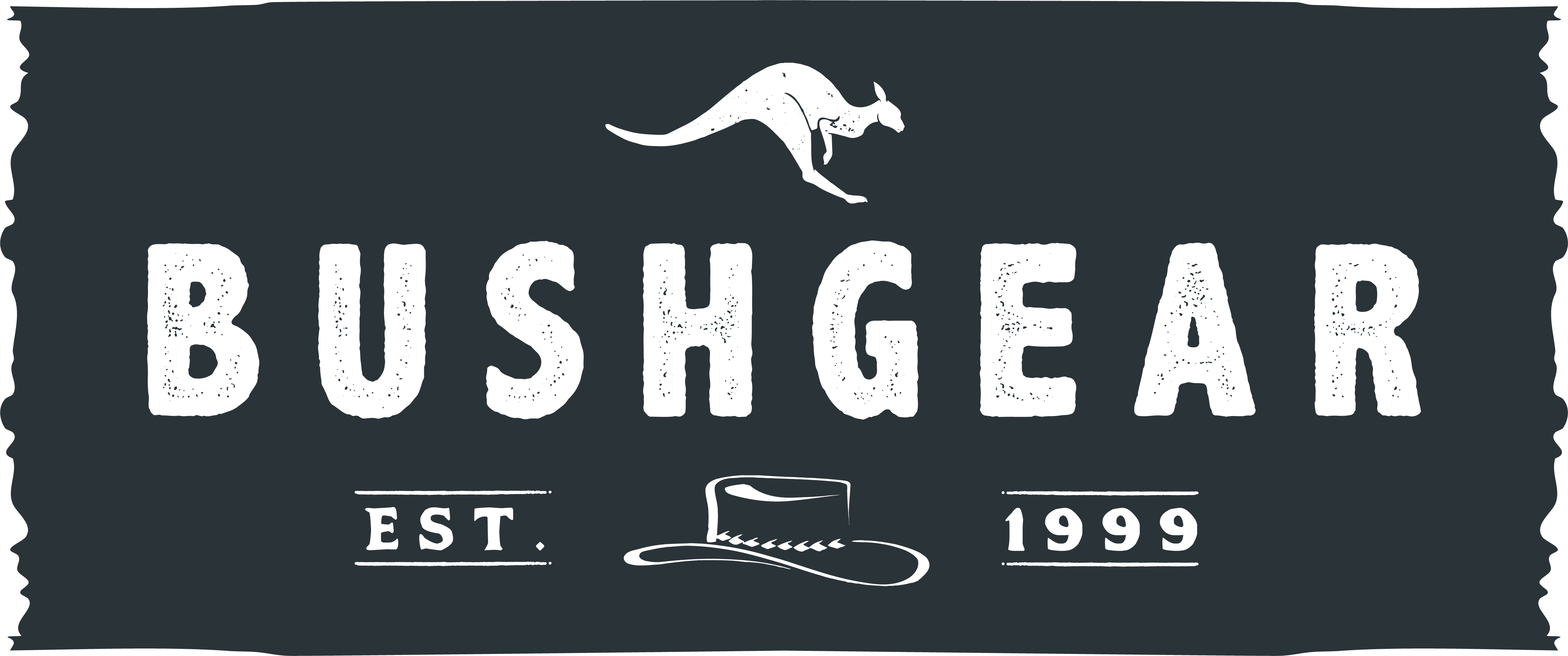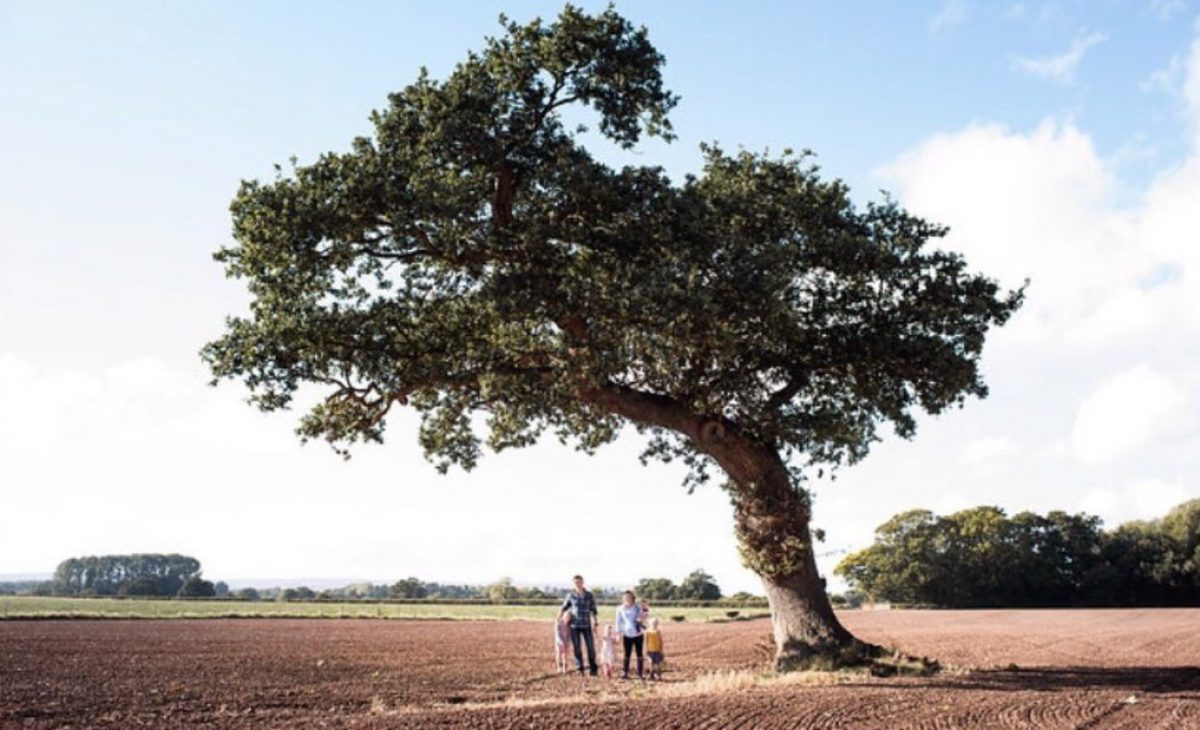Survival Advantage by Andrew Lane - Navigation
This is a short extract from Andrew Lane's book "Survival Advantage".
Andrew spent many years in the military and has traveled and survived in many different environments. Being able to navigate is one of the most important wilderness skills to have and should not be overlooked.
"In order to navigate, and to safely negotiate features, the brain needs reference points from which to judge distances and angles (direction). Close your eyes and walk around your own home. How did you stop yourself (or try to stop yourself) from bumping into the walls and furniture? The way you did it was to imagine the room, furniture and other obstacles inside your head. You formed a three dimensional image in your mind in order that you could estimate distance and direction and so stop short of an obstacle. You were probably no 100% accurate with every move, but each time you touched a recognizable object, that object became a definite reference point from which to modify you mental layout of the room. By bumping into an object you either correctly located it and so confirmed all other objects are still where you thought they were or, you misjudged slightly and and must now revise you mental picture of the room layout in order that you may accurately find the next object. The mental imaging required in walking blindfolded around a room is a little different form that required in using a map in unfamiliar territory.
A map sets out in two dimensional form all the physical features in correct relationship with each other. It also portrays the actual shape, size or nature of those features. We navigate by correctly identifying those features and then by using them as reference points, just as we did in the blindfold experiment. A three-dimensional image is built up in the same way. The skill of map reading is to identify features. The skill of navigating involves accurately moving around those features. Using a map is simply a matter of skillfully judging angles and distance. Using these skills, we can mentally and physically feel our way through an unfamiliar area.
Remember that the map is a finite item. The effectiveness to which it is used is dependent on the skill and experience of the user. Possession of a map is not a guarantee of proficiency of navigation. For that, you require experience. Get out there and practice.
The book then goes on to deal with outdoor navigation in general, including navigation by celestial bodies, navigation using map and compass, night navigation, navigation using landmarks as well as unconventional or improvised navigation techniques."
An extract from the respected book "Survival Advantage" by Andrew Lane.
We do still have a limited number of now rare, signed copies left. You can buy this book from us at :

